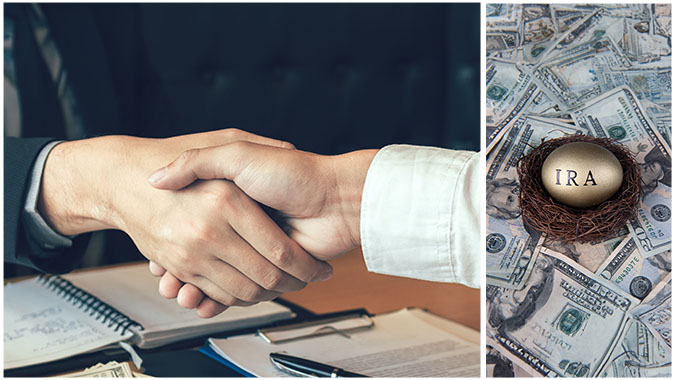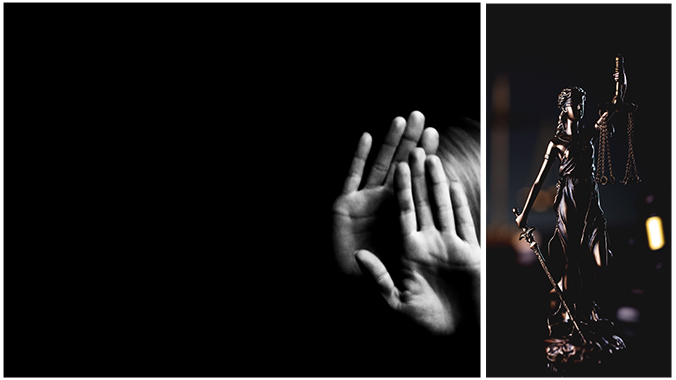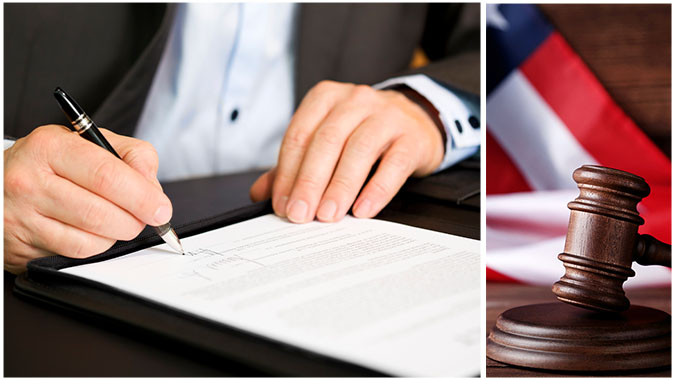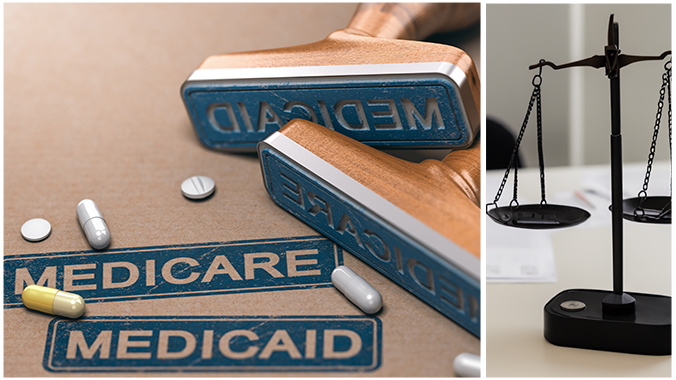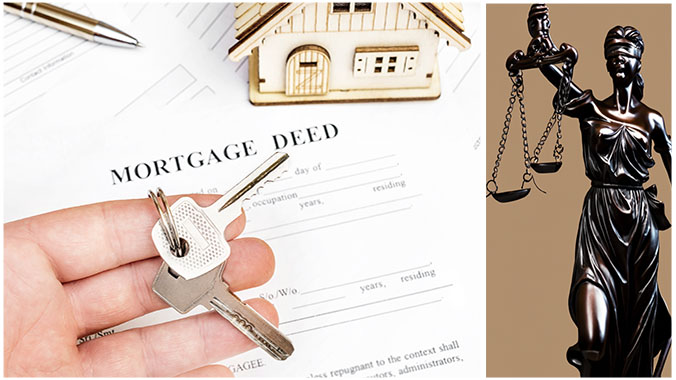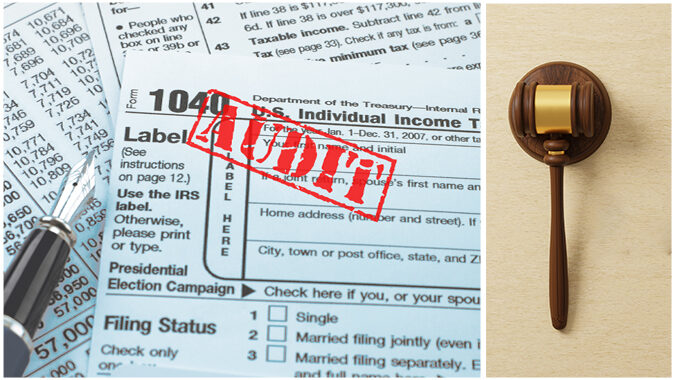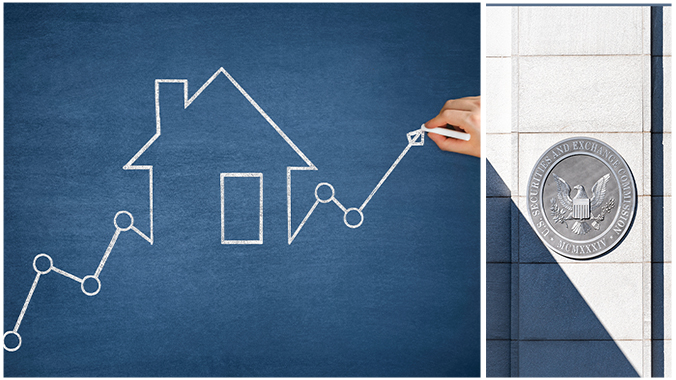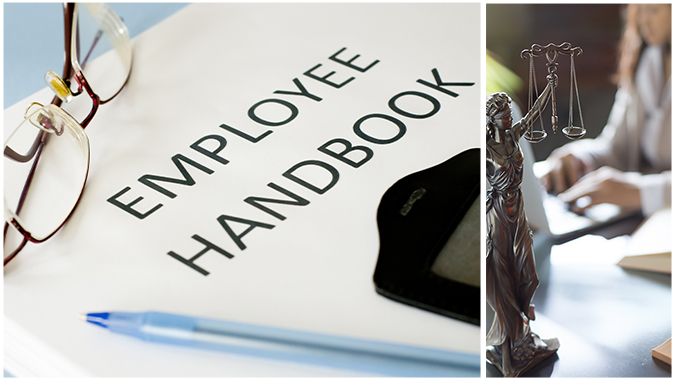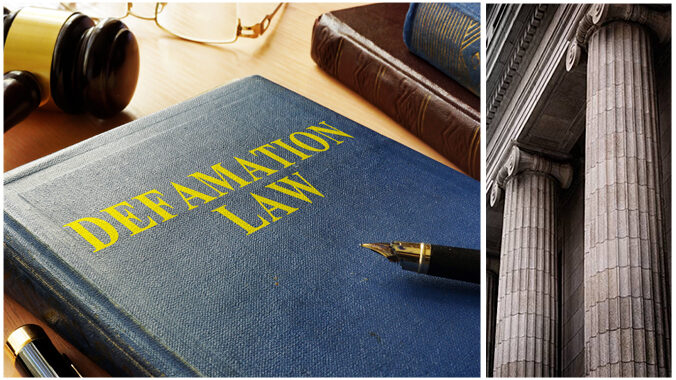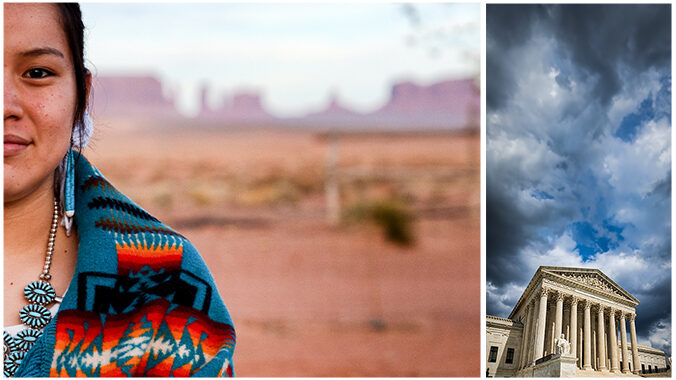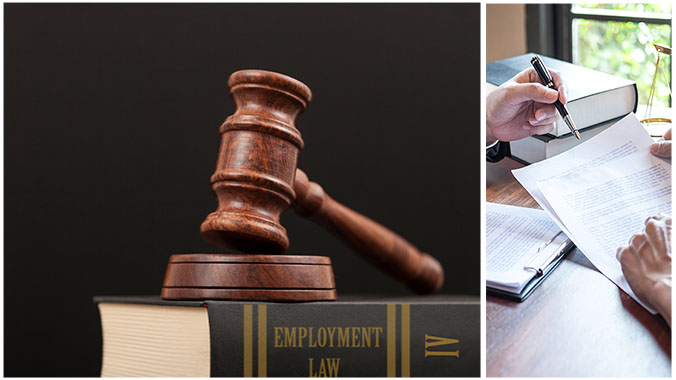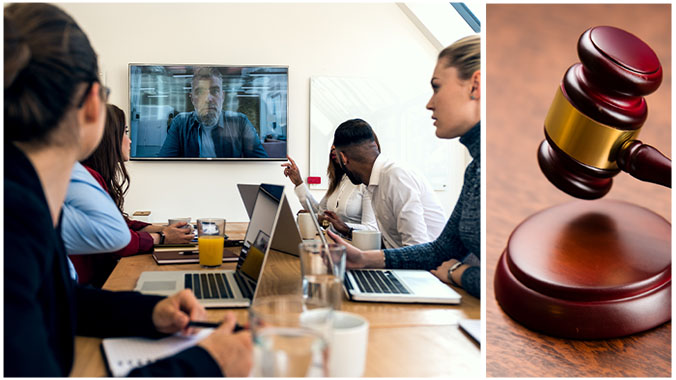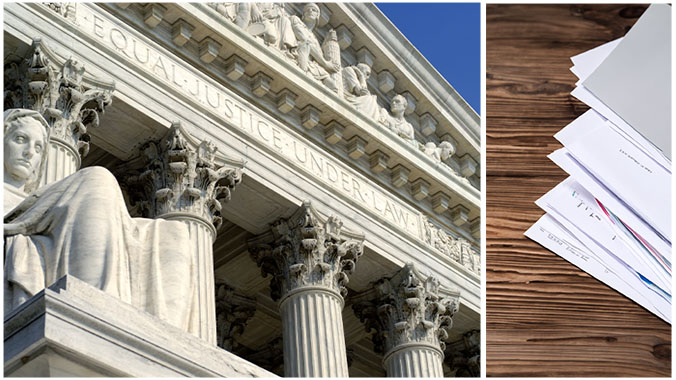Jury Research and Selection: What attorneys need to know


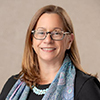

On-Demand: July 25, 2024
Subscribe to Federal Bar Association CLE Pass...
Co-Sponsored by myLawCLE
Get this course, plus over 1,000+ of live webinars.
Learn More
MCLE Credit Information:
Select Your State Below to View CLE Credit Information
Tuition: $295.00
Training 5 or more people?
Sign-up for a law firm subscription plan and each attorney in the firm receives free access to all CLE Programs
Program Summary
Session I – Effective Pre-Trial Jury Research Strategies – April Ferguson
Jury research encompasses various methods, such as mock trials and focus groups, to anticipate juror behavior and attitudes, aiding trial preparation. In this CLE webinar, delve into the purpose, methods, costs, types, and pros and cons of jury research, including virtual methods. Learn how to maximize the utility of jury research data for effective trial strategies.
Key topics to be discussed:
- Purpose and Scope of Jury Research
- Methods of Conducting Jury Research
- Costs and Fees Associated with Jury Research
- Types of Jury Research
- Advantages and Disadvantages of Virtual Research
- Maximizing the Utility of Jury Research Data
Session II – How Jury Research Informs Themes, Voir Dire, and Strike Strategies in the New Time of Conspiracies, Safetyism, Emotional Thinking, Risk Aversion, and High Damages – Jill Leibold
The past few years have shown litigators a shift in juror attitudes and eye-popping damages numbers. Jurors today are increasingly angry and untrusting, strongly risk-averse, and less prone to compromise. IMS Legal Strategies’ juror research on safetyism – a series of thought fallacies – appears to be a key culprit in these shifts, along with a rise in conspiracists in the jury pool. This presentation will examine independent research supporting these troubling trends and discuss solutions for voir dire, jury selection, and themes to counter the risk of nuclear verdicts, and the processes of conducting jury research to inform updated themes, voir dire, and strike strategies for today’s jurors.
Key topics to be discussed:
- Using Jury Research to Create Your Best Case Story
- Understanding the Effects of Safetyism in the Jury Pool
- Crafting Persuasive Themes
- Effective Voir Dire Strategies to Optimize Strikes
Session III - Jury Selection, Jury Diversity, and Minimizing Bias: Best Practices for Trial – Leslie Ellis and Gregory Mize
Jury selection is a rare event for some attorneys and a regular occurrence for others. Even for trial-seasoned attorneys, it can be difficult to conduct voir dire well and easy to do it badly. There are multiple goals counsel might want to accomplish during voir dire, but some are more important than others. Learn how to prioritize and accomplish those goals through better voir dire questions and improved jury selection procedures, and how to improve your chances when requesting a change to the judge's typical jury selection procedures. One oft-discussed aspect of jury selection is jury diversity. Batson v. Kentucky was decided in 1986 but it has not been effective in eliminating the discriminatory use of peremptory challenges. Additionally, courts and court managers have recently focused on the issue of jury diversity - why it is important but difficult to achieve and maintain. The session will also review why jury diversity is not only important but also beneficial for litigants.
Key topics to be discussed:
- The multiple (and sometimes competing) goals of jury selection
- What types of questions will accomplish those goals more effectively
- Suggested additions to or modifications of the typical jury selection process that will improve the ability to find and eliminate bias among a jury pool
- Jury diversity - why it's important, how it will benefit your client, and some of the challenges to maintaining it
- The seeming tension among the three goals of exposing and eliminating bias, protecting jury diversity, and protecting jurors against discrimination
This course is co-sponsored with myLawCLE.
![]() Closed-captioning available
Closed-captioning available
Speakers
 April J. Ferguson | OPVEON Litigation Services, LLC
April J. Ferguson | OPVEON Litigation Services, LLC
April J. Ferguson is the Chief Executive Officer and a Senior Trial Consultant for OPVEON Litigation Services, LLC, a litigation support and consulting firm based in Tulsa, OK. OPVEON is a certified woman-owned and woman-controlled small business (WOSB), a certified Woman Business Enterprise (WBE), a certified Minority Business Enterprise (MBE), and a TERO Certified Business through the Cherokee Nation.
For her clients, April is a trusted partner, a team player, and an invaluable asset to their litigation teams. She works tirelessly with trial teams to tell their client’s story in a way that resonates with jurors and creates in them a desire to be an advocate for that client in the jury deliberation room.
In the office, she is a proven leader, a strategic risk taker, and a creative problem solver. She is driven and passionate and believes that a team is only as strong as its weakest link. She works hard to motivate and empower her employees to be the best version of themselves.
Having worked on large pieces of complex litigation throughout the country, April’s expertise in the trial consulting arena has brought her an international client base, including top tier law firms and celebrities. The trial teams she has had the privilege of working with have been responsible for securing multi-million-dollar verdicts for their clients as well as helping large corporations obtain defense verdicts.
April focuses her practice on theme development, mock trials, jury focus groups, and the use of technology in a litigation environment. Her case experience includes complex commercial litigation, personal injury, medical malpractice, products liability, energy law, employment law cases, criminal defense, eminent domain, construction disputes, Qui Tam actions, major environmental cases, insurance bad faith, family law, and trucking litigation, among others.
April has been involved in hundreds of jury trials throughout the course of her career. Her experience in the courtroom, combined with her jury research practice, gives April a unique perspective into the litigation process, which clients find invaluable.
April holds a Bachelor of Science in Criminal Justice & Legal Studies and a Master of Science in Law. She is a frequent speaker on the subject of jury research. She has taught as an adjunct professor at Tulsa Community College and currently serves on the advisory board for the paralegal program.
 Dr. Jill Leibold | IMS Legal Strategies
Dr. Jill Leibold | IMS Legal Strategies
Dr. Jill Leibold, senior jury consulting advisor with IMS Legal Strategies, has nearly 20 years of trial consulting experience and has applied her expertise in juror decision-making to hundreds of cases across all genres of litigation. Our clients rely on her skills in preparing challenging witnesses for deposition and trial, as well as her extensive experience in jury selection for both civil and criminal cases.
At IMS, Jill specializes in developing statistically based juror risk profiles to identify jurors for cause and peremptory strikes, and she applies the qualitative analyses to develop case stories and themes. She frequently presents at national legal conferences and writes for legal trade publications about juror attitudes, implicit bias, and jury selection in the areas of environmental and toxic torts, personal injury, asbestos, insurance bad faith, patent and trademark, transportation, product liability, fraud, and criminal cases.
 Dr. Leslie Ellis | The Caissa Group
Dr. Leslie Ellis | The Caissa Group
Dr. Leslie Ellis is the founder and principal of The Caissa Group, a litigation consulting firm based in Washington, D.C. Dr. Ellis has been conducting research on jury, arbitrator, and judicial decision making for over 25 years and has consulted on hundreds of cases. She works with attorneys and expert witnesses on high-risk and complex civil cases to develop themes and trial/hearing strategies, witness preparation, voir dire, and jury selection.
Utilizing her strong research background and many years of investigating how jurors, arbitrators, and juries make decisions, she provides quantitative and qualitative analysis through focus groups, mock trials, damages assessments, and survey-based venue analyses. Dr. Ellis’s research interests include the dynamics of the jury decision-making process; similarities and difference among jury, judge, and arbitrator decision making; how juries decide damage awards; jury trial procedure reform and policy, and minority representation on juries.
Dr. Ellis has been involved in a wide range of high-stakes and high-profile cases, including securities fraud, accounting/auditing fraud, False Claims Act, antitrust, intellectual property, insurance, mortgage fraud, white collar crime, contract, toxic tort, products liability, class action and employment matters. Dr. Ellis is also a frequent speaker on the topic of juror, arbitrator, and judicial decision making.
 Judge Gregory E. Mize (Ret.)
Judge Gregory E. Mize (Ret.)
Judge Mize served as a judicial fellow at the National Center for State Courts for 20 years beginning in 2004. As part of NCSC’s Center for Jury Studies, he has helped state courts improve their jury trial systems. For example, he worked with the Nebraska Judicial Branch to present an education program in Omaha for district judges entitled “Managing Jury Selection Effectively.”
He served on a US Justice Department project to help the Republic of Georgia initiate criminal jury trials. His tasks included running mock jury selection exercises for judges and lawyers in anticipation of the first homicide trials in late 2010.
President George H.W. Bush appointed Judge Mize to the trial bench in 1990. In that capacity, he presided over hundreds of civil and criminal jury trials in the Superior Court of the District of Columbia. He is now a senior judge. From 1997 to 1998, he co-chaired the D.C. Jury Project, resulting in issuance of “Juries for the Year 2000 and Beyond” containing proposals to improve jury practices in the Superior Court and the U.S. District Court for the District of Columbia.
Before joining the trial bench, Judge Mize was a trial lawyer and then General Counsel to the District of Columbia City Council. At the Georgetown University Law Center, he teaches Jury Trials in America: Understanding and Practicing Before a Pure Form Democracy and Doing Justice: Trial Judges Explain How Tough Decisions Are Made.
His writings include “Jury Trial Innovations Round #2” Court Review, Vol. 59, No. 2 (Summer 2023); “Jury Trial Innovations Across America: How We Are Teaching and Learning from Each Other,” 1 J. OF COURT INNOVATION 189 (2008); “Building a Better Voir Dire Process,” The Judges’ Journal, Vol. 47, No. 1 (Winter 2008); “Be Cautious of the Quiet Ones,” Voir Dire, Vol. 10, No. 2 (Summer 2003); and “On Better Jury Selection – Spotting UFO Jurors Before They Enter the Jury Room,” Court Review, Vol. 33, No. 1 (Spring 1999). “Refining Jewels of Justice,” e-Journal USA, Vol. 14, No. 7, US DEPT. OF JUSTICE (July 2009). “Thinking Outside the Jury Box,” THE WASHINGTON LAWYER, 35-39 (November 2005) Contributing author – ABA Principles for Juries & Jury Trials (1995). Co-editor and co-author of the book Tough Cases – Judges Tell the Stories of Some of the Hardest Decisions They’ve Ever Made (The New Press 2018).
Agenda
Session I – Effective Pre-Trial Jury Research Strategies | 9:50am – 10:50am
- Purpose and Scope of Jury Research
- Methods of Conducting Jury Research
- Costs and Fees Associated with Jury Research
- Types of Jury Research
- Advantages and Disadvantages of Virtual Research
- Maximizing the Utility of Jury Research Data
Break | 10:50am – 11:00am
Session II – How Jury Research Informs Themes, Voir Dire, and Strike Strategies in the New Time of Conspiracies, Safetyism, Emotional Thinking, Risk Aversion, and High Damages | 11:00am – 1:10pm
- Using Jury Research to Create Your Best Case Story
- Understanding the Effects of Safetyism in the Jury Pool
Break | 12:00pm – 12:10pm
- Crafting Persuasive Themes
- Effective Voir Dire Strategies to Optimize Strikes
Break | 1:10pm – 1:20pm
Session III – Jury Selection, Jury Diversity, and Minimizing Bias: Best practices for trial | 1:20pm – 3:00pm
- The multiple (and sometimes competing) goals of jury selection
- What types of questions will accomplish those goals more effectively
- Suggested additions to or modifications of the typical jury selection process that will improve the ability to find and eliminate bias among a jury pool
- Jury diversity – why it’s important, how it will benefit your client, and some of the challenges to maintaining it
Break | 2:20pm – 2:30pm
- The seeming tension among the three goals of exposing and eliminating bias, protecting jury diversity, and protecting jurors against discrimination
More CLE Webinars
Trending CLE Webinars





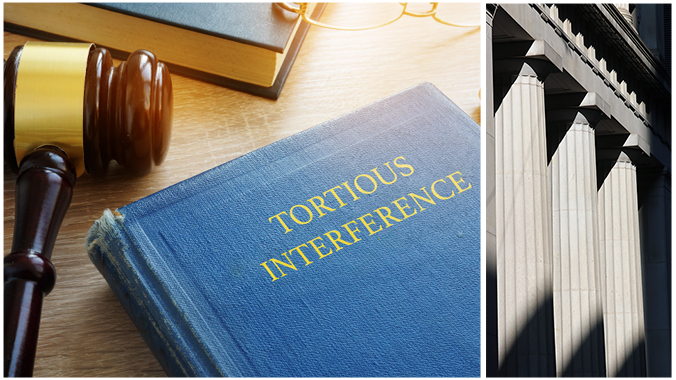
![The Litigator’s Guide to Evidentiary Objections: When to hold them and how to avoid mistakes (Including 1hr of Ethics) [2024 Edition]](https://federalbarcle.org/wp-content/uploads/2024/03/The-Litigators-Guide-to-Evidentiary-Objections-When-to-hold-them-and-how-to-avoid-mistakes-Including-1hr-of-Ethics-2024-Edition_myLawCLE.jpg)
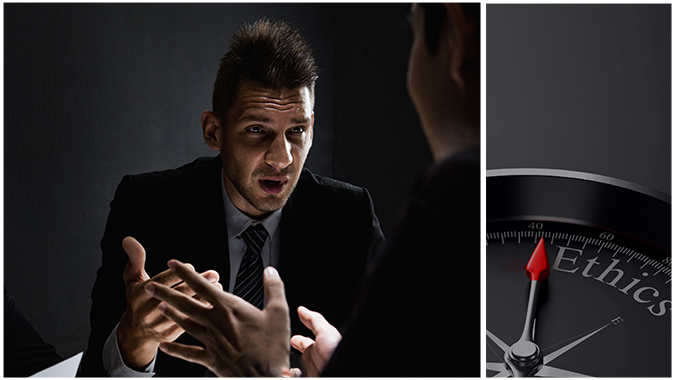


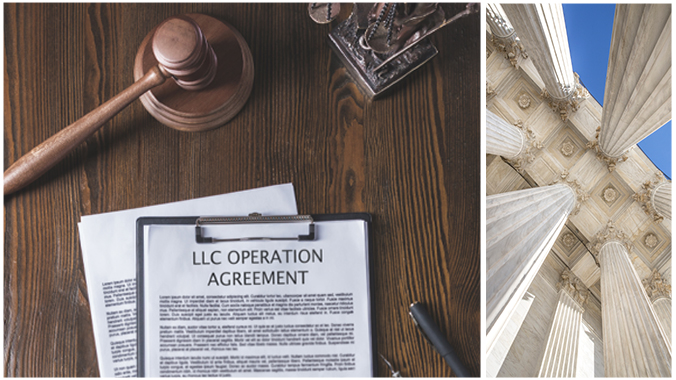




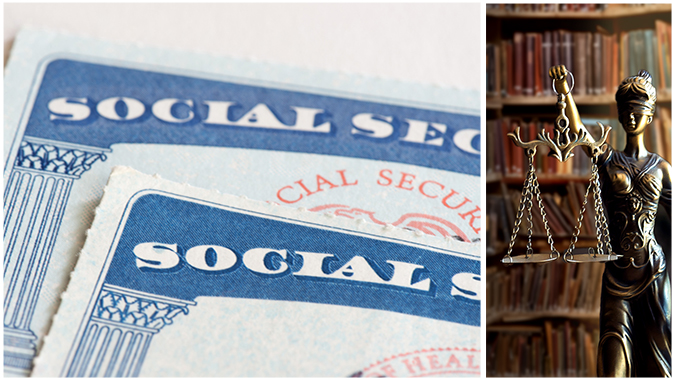
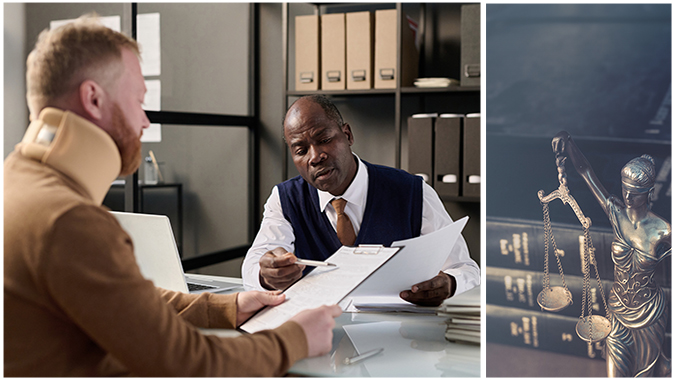






Upcoming CLE Webinars









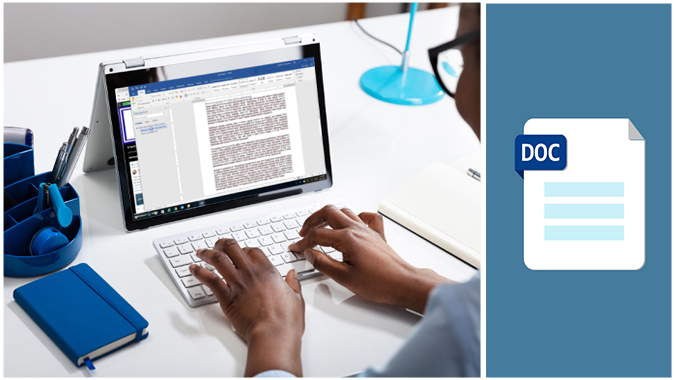


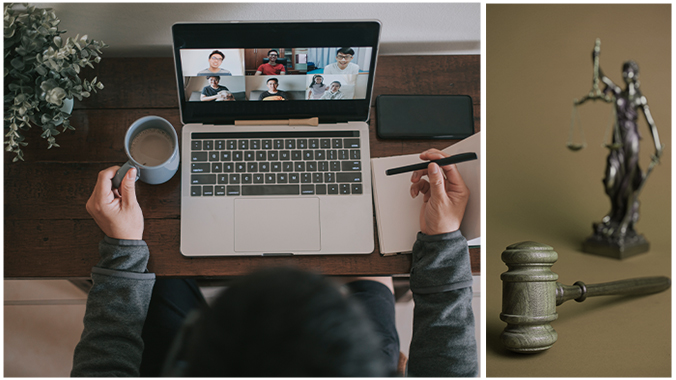
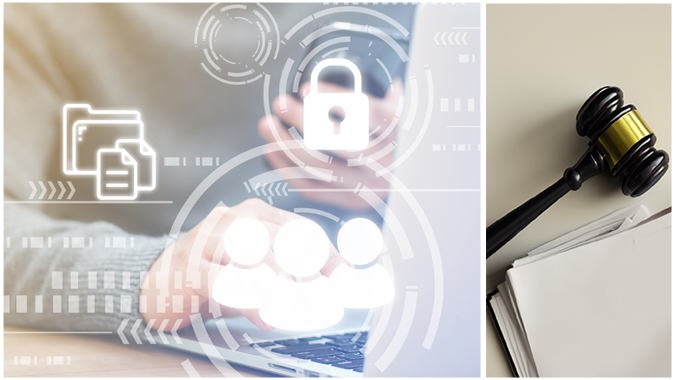

![The Litigator’s Guide to Evidentiary Objections: When to hold them and how to avoid mistakes (Including 1hr of Ethics) [2024 Edition]](https://federalbarcle.org/wp-content/uploads/2024/03/The-Litigators-Guide-to-Evidentiary-Objections-When-to-hold-them-and-how-to-avoid-mistakes-Including-1hr-of-Ethics-2024-Edition_myLawCLE.jpg)


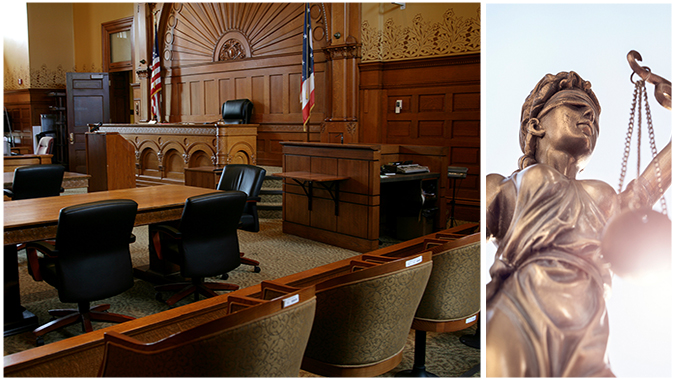
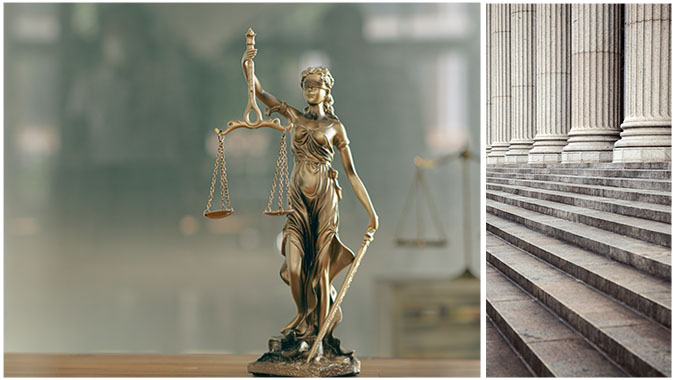
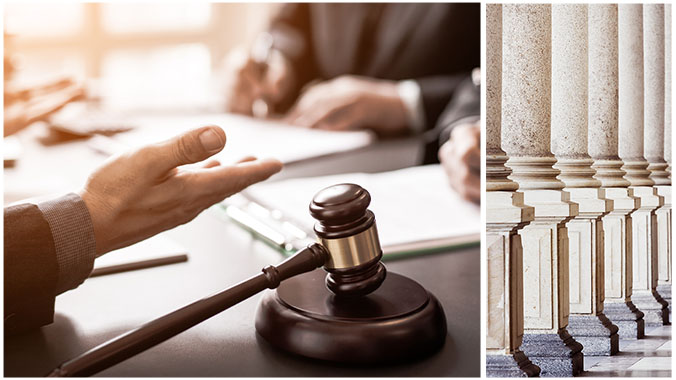

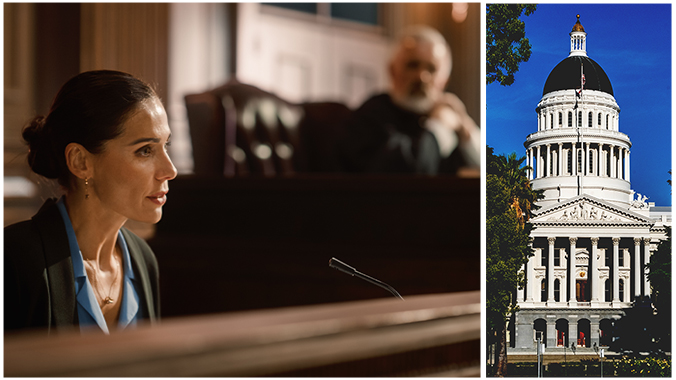



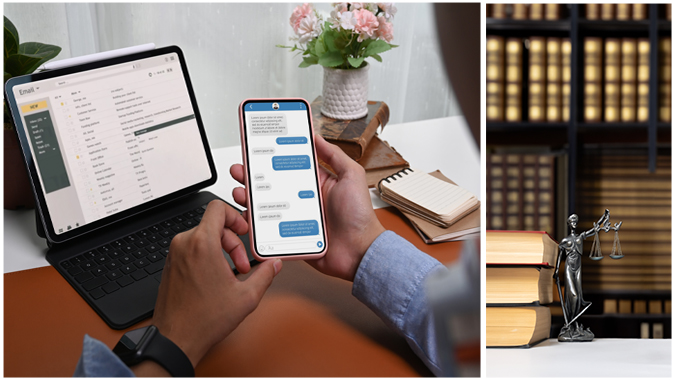







![Evidence 101 [Part 1]: Relevancy & company](https://federalbarcle.org/wp-content/uploads/2024/07/Evidence-101_myLawCLE.jpg)


